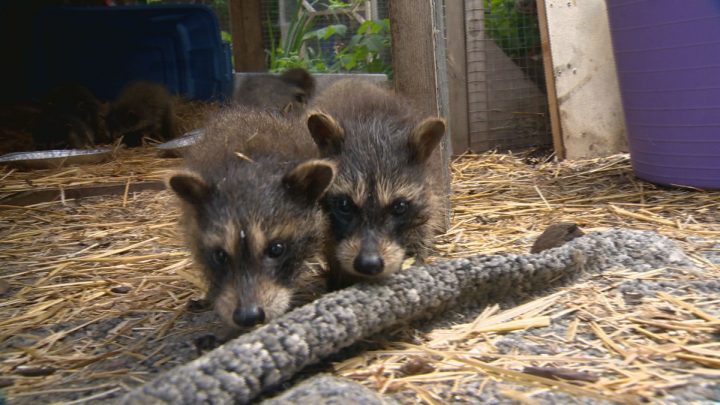A health unit serving central Ontario says it has investigated nearly 300 incidents so far this year of people being bitten or scratched by an animal.

The Haliburton, Kawartha, Pine Ridge District Health Unit (HKPR) says since April 1, two-thirds of the cases have occurred in the City of Kawartha Lakes, Northumberland County and Haliburton County.
In 2018, the health unit investigated 674 cases locally in which people were bitten or scratched by an animal.
Incidents increase during the warmer months, the health unit says.
“But what’s concerning to us is the significant jump in cases so far this spring and summer,” stated Richard Ovcharovich, manager of environmental health with the HKPR District Health Unit.
Ovcharovic is encouraging people to avoid touching or approaching wild animals and domestic pets since a bite or scratch can put them at risk of serious injury and potential exposure to rabies.
“It’s best to enjoy animals from a distance,” he said. “If a wild animal is growling or showing aggressive behaviour, back away slowly to gain distance from it. Never turn around and run. Avoid direct eye contact with the animal, as it is a sign of dominance that may provoke some animals to attack.
“Ensure you have permission and full attention of the owner before approaching a pet,” he added. “Even if you are just being kind or well-meaning by petting or touching an animal, your actions can be misinterpreted by a dog or cat, which could scratch, nip or bite you.”
- ‘She gets to be 10’: Ontario child’s heart donated to girl the same age
- Bird flu risk to humans an ‘enormous concern,’ WHO says. Here’s what to know
- Buzz kill? Gen Z less interested in coffee than older Canadians, survey shows
- Shoppers faces proposed class action over claims company is ‘abusive’ to pharmacists
The health unit must be notified any time an animal bites or scratches a person. Public health inspectors investigate each incident to determine if a person is at risk of rabies.
If a domestic animal is involved, it is quarantined for a 10-day period to confirm it did not have rabies when it bit or scratched the victim, the health unit notes.
The health unit provides the rabies vaccine for a person if deemed necessary by a health-care provider. For more information, call the health unit at 1-866-888-4577, ext. 5006, or visit its website online.
Last August, the health unit reported a woman was bitten by a bat that tested positive for rabies.
WATCH: B.C. man dies of rabies after coming into contact with bat





Comments